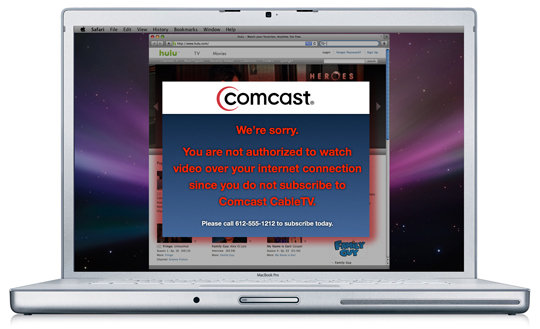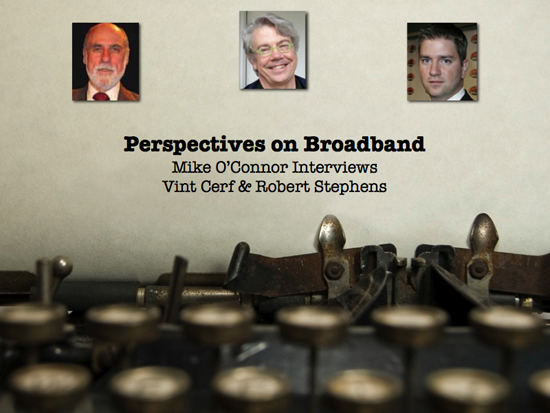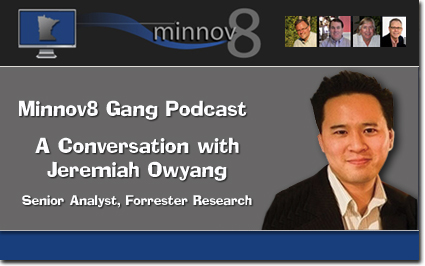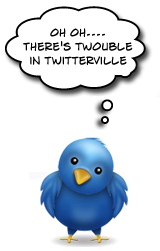 Listening to Minnesota Public Radio last week after my first meeting of the day, I caught most of a fascinating program on Midmorning called “Discovering China“, a discussion about Simon Winchester‘s latest book and his experiences which chronicle, “…the story of an Englishman’s adventures in China, and his determination to prove to the rest of the world that the Chinese were the first to create technological marvels.”
Listening to Minnesota Public Radio last week after my first meeting of the day, I caught most of a fascinating program on Midmorning called “Discovering China“, a discussion about Simon Winchester‘s latest book and his experiences which chronicle, “…the story of an Englishman’s adventures in China, and his determination to prove to the rest of the world that the Chinese were the first to create technological marvels.”
As I left my car and embarked upon a 15 minute walk from a parking lot to a building in downtown Minneapolis, I was pleased to have remembered my headphones as I fired up the iPhone MPR application developed by Minnesota-based Codemorphic (get the free app here for your iPhone from the iTunes store) and continued listening.
What I didn’t expect was the two minute story about a breakdown of Winchester’s car in the middle of nowhere in China, his iPhone, and what happened next.
After hearing this story and a bit more, I was so intrigued by the program that I wanted to hear it in its entirety, so the next day I went to iTunes and downloaded the 5/4/09 show and, for good measure, subscribed to the MPR Midmorning podcast. Either can be done here on iTunes if you’re interested in hearing the whole show.
Click this link to listen to the story…
Podcast: Download (3.7MB)
Subscribe: Apple Podcasts | RSS | More
 It’s refreshing (and validating) to have a prestigious news organization like the United Kingdom-based Economist, write an article that supports the position I (and many others) have taken that ISP bandwidth caps and
It’s refreshing (and validating) to have a prestigious news organization like the United Kingdom-based Economist, write an article that supports the position I (and many others) have taken that ISP bandwidth caps and  Having information and facts at-your-fingertips about the internet and web is absolutely critical whether you’re a startup needing content for your pitch, a marketer needing to understand a 40,000 foot view of trends, a corporate user needing to understand mobile access to the ‘net or international usage, or if you’re just someone like me: an info-junkie who needs a constant data fix in order to constantly track what’s hot and what’s not.
Having information and facts at-your-fingertips about the internet and web is absolutely critical whether you’re a startup needing content for your pitch, a marketer needing to understand a 40,000 foot view of trends, a corporate user needing to understand mobile access to the ‘net or international usage, or if you’re just someone like me: an info-junkie who needs a constant data fix in order to constantly track what’s hot and what’s not. Are you enjoying the ability to watch TV shows and movies streamed through the internet to your computer or media center with the likes of
Are you enjoying the ability to watch TV shows and movies streamed through the internet to your computer or media center with the likes of 


 Ever watch video or TV shows over the Web? How would you feel if this became one of your preferred methods for doing so and your cable or internet provider said, “No…that’s not allowed?”
Ever watch video or TV shows over the Web? How would you feel if this became one of your preferred methods for doing so and your cable or internet provider said, “No…that’s not allowed?” Do you use Twitter? If you’re one of the current base of Twitter users,
Do you use Twitter? If you’re one of the current base of Twitter users, 